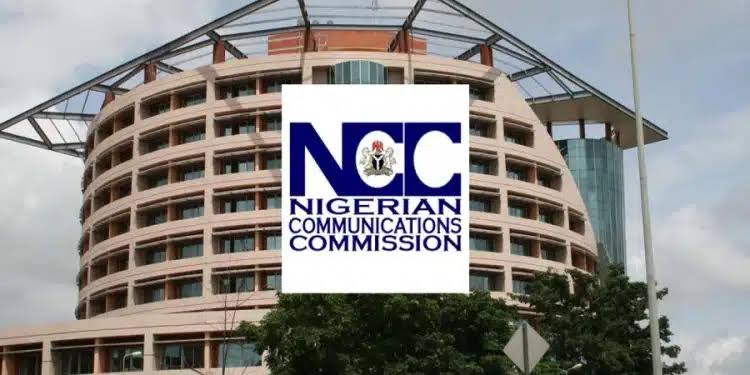
The Federal Government has scrapped the 5% excise duty earlier imposed on telecommunications voice and data services in Nigeria.
In a statement on Thursday, the National Orientation Agency (NOA) confirmed the withdrawal of the telecom tax, noting that the decision would ease cost burdens on millions of mobile phone and internet users across the country.
The duty, introduced under former President Muhammadu Buhari, covered both voice calls and data subscriptions but faced widespread backlash from telecom operators, industry stakeholders, and consumer rights advocates, who warned it would worsen communication costs amid rising inflation and living expenses.
Executive Vice Chairman of the Nigerian Communications Commission (NCC), Aminu Maida, explained that President Bola Tinubu ordered the removal of the levy during deliberations on the recently enacted Finance Act. He said the President’s directive was aimed at shielding citizens from further economic pressure while boosting Nigeria’s digital economy.
“The development is expected to bring relief to over 171 million active telecom users across the country, many of whom have faced a 50% tariff increase implemented earlier this year,” the statement added.
The 5% excise duty was first announced in 2022, with the justification by the government that it was part of its effort to boost revenue generation amidst dwindling oil earnings.
The Ministry of Finance at the time argued that the levy was in line with global taxation practices.
Telecom operators, under the umbrella of the Association of Licensed Telecom Operators of Nigeria (ALTON), however, warned that the policy would be counterproductive.
The ALTON noted that Nigeria already had one of the highest tax burdens on the telecommunications sector in sub-Saharan Africa.
Consumer advocacy groups such as the National Association of Telecoms Subscribers (NATCOMS) also opposed the tax, stressing that it would push millions of low-income users out of digital access.








